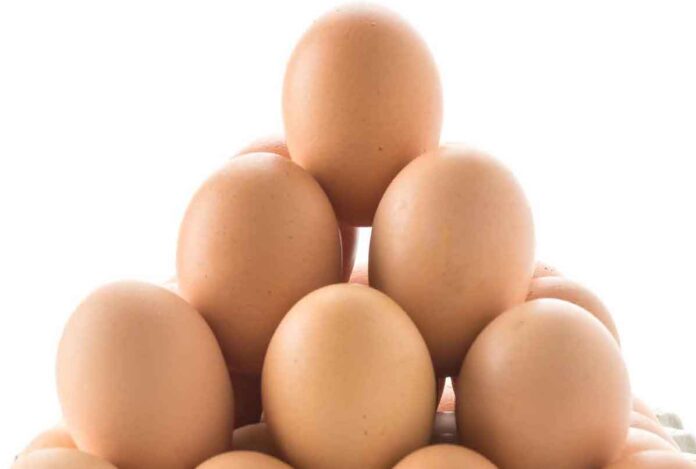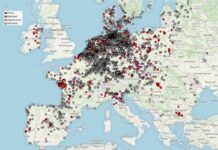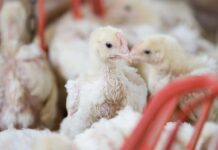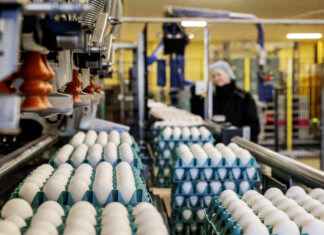
In ‘The impact of geopolitical instability on the egg industry’, Rabobank’s Nan-Dirk Mulder shares his expert insights into the biggest challenges predicted to impact the egg sector in light of ongoing global issues, as well as opportunities for 2022 and beyond.
In his latest outlook for the egg industry, Nan-Dirk Mulder, Senior Analyst for Animal Protein at Rabobank, explored a range of factors which are contributing to what he described as “perhaps the most disrupted period we have seen since World War II for the animal protein industry”. These challenges include the conflict in Ukraine, ongoing COVID-19 pandemic, avian influenza (AI) outbreaks, and thus overall economic decline.
Crucially, Nan-Dirk examined the direct impact the current geopolitical situation between Russia and Ukraine has on operational aspects of the industry, including energy costs, egg trade and fast-rising feed prices.
Highlighting that Ukraine, Russia and Belarus own 20-30% of global exports of grains, he said: “If you look from a producer perspective, the biggest impact is on the feed side.” Accordingly, the industry is experiencing 40% higher feed prices year on year (YOY). Furthermore, he added that these three countries also control 10% of global egg trade, provoking further disruption to the market.
Outbreaks of Avian Influenza (AI) were also a key focus, with reference to the negative impact they have on local production, egg trade and breeding stocks. “Avian Influenza is having a really big impact globally, but the biggest impact now is in North America” explained Nan-Dirk.
These key disruptions, along with continued recovery from the COVID-19 pandemic, have contributed to the overall economic instability, posing food security challenges and a greater pressure on consumer spending power. Despite the many challenges we currently face, Nan-Dirk highlighted that eggs are well positioned as the lowest cost animal protein, and concluded with a positive outlook: “The value of being efficient is paying off now more than before.”
Source: IEC

















